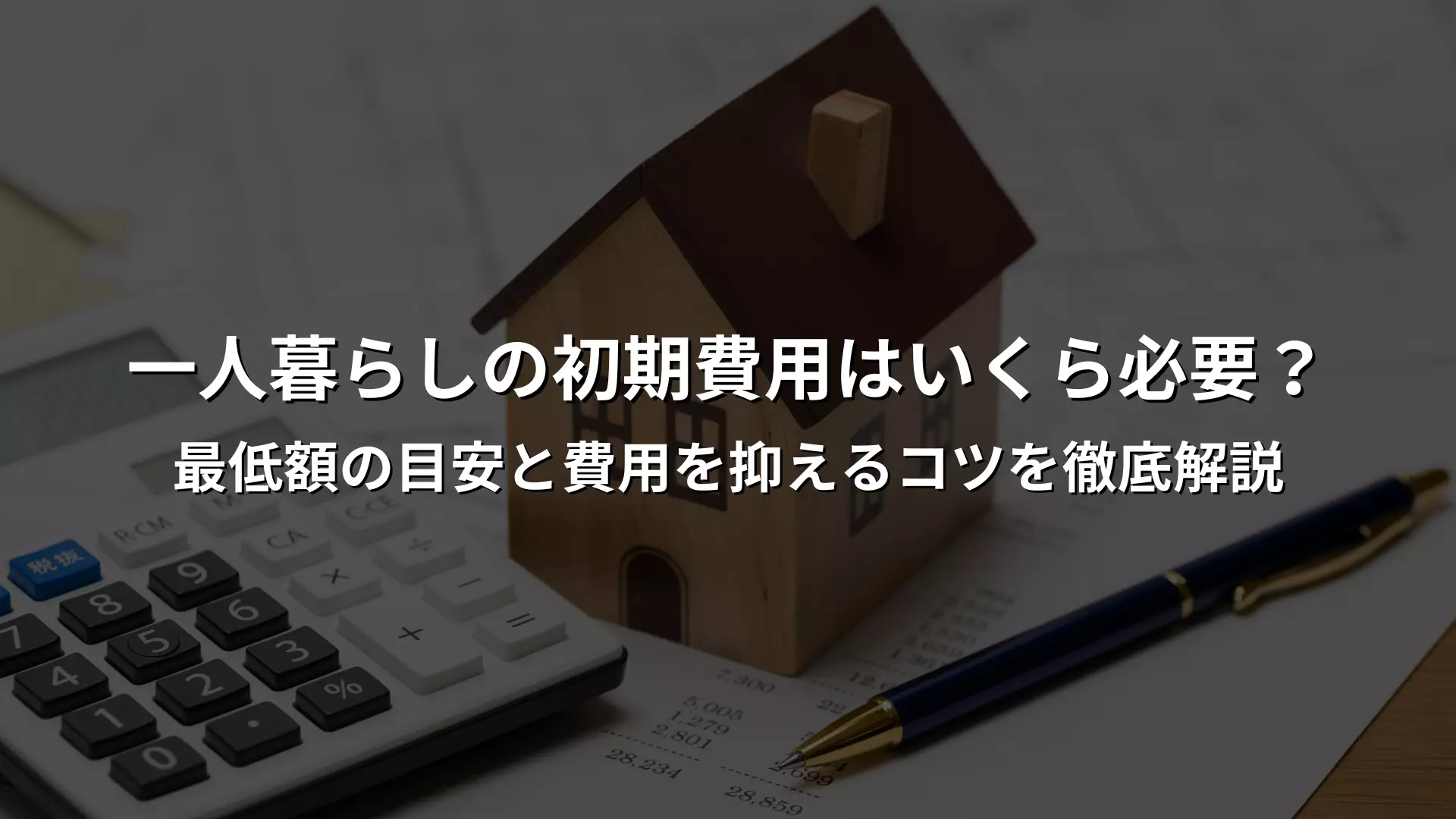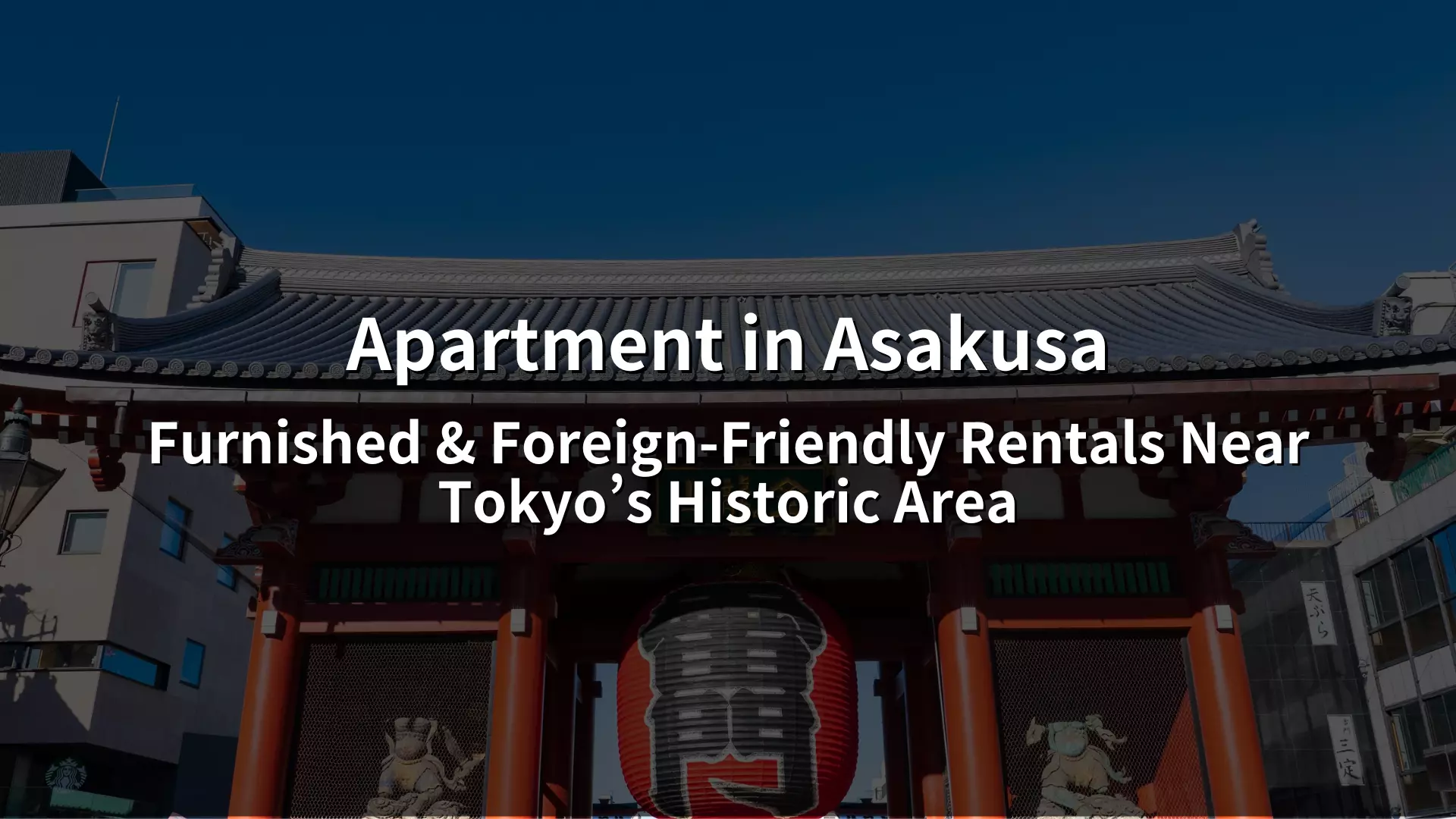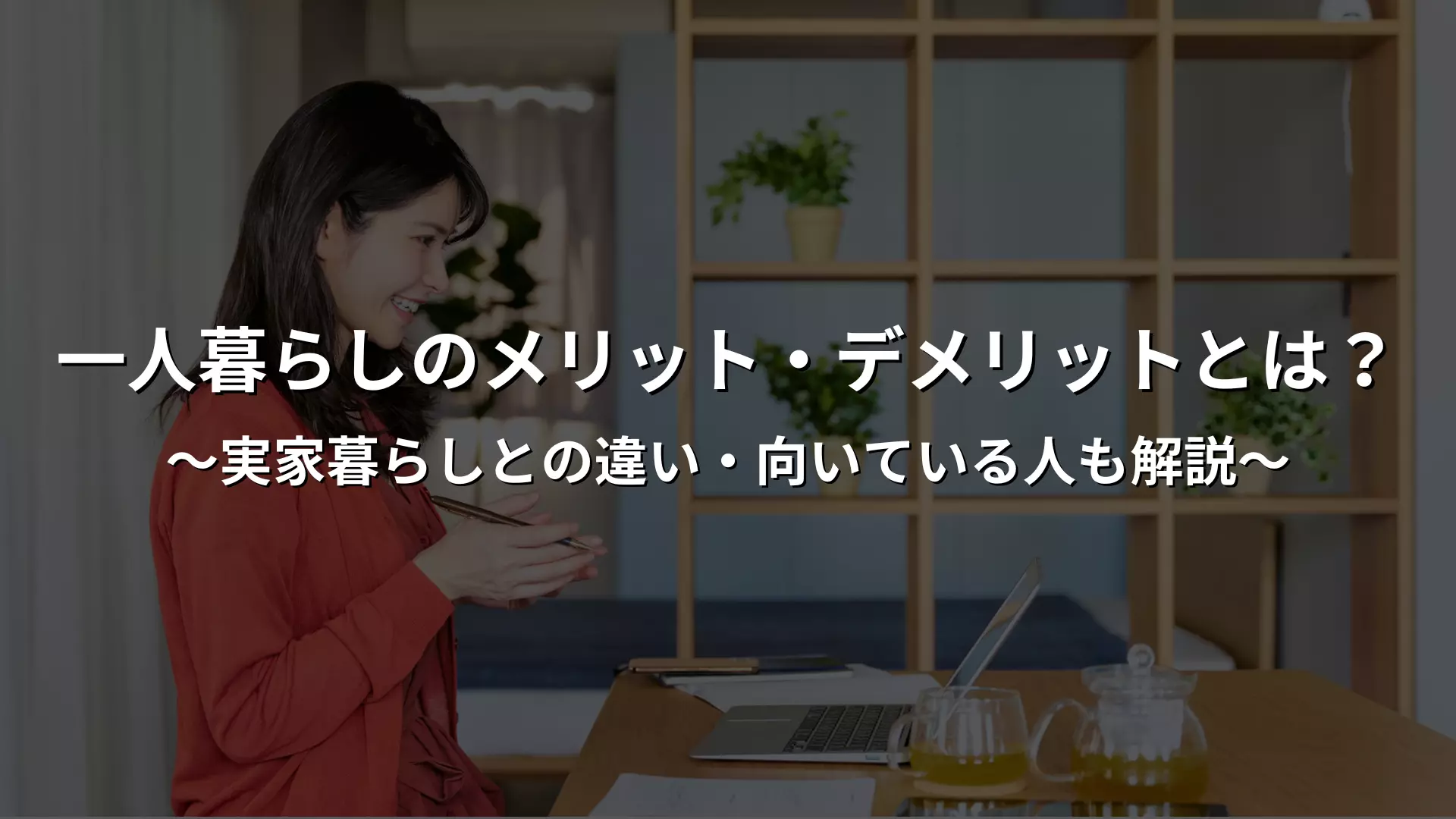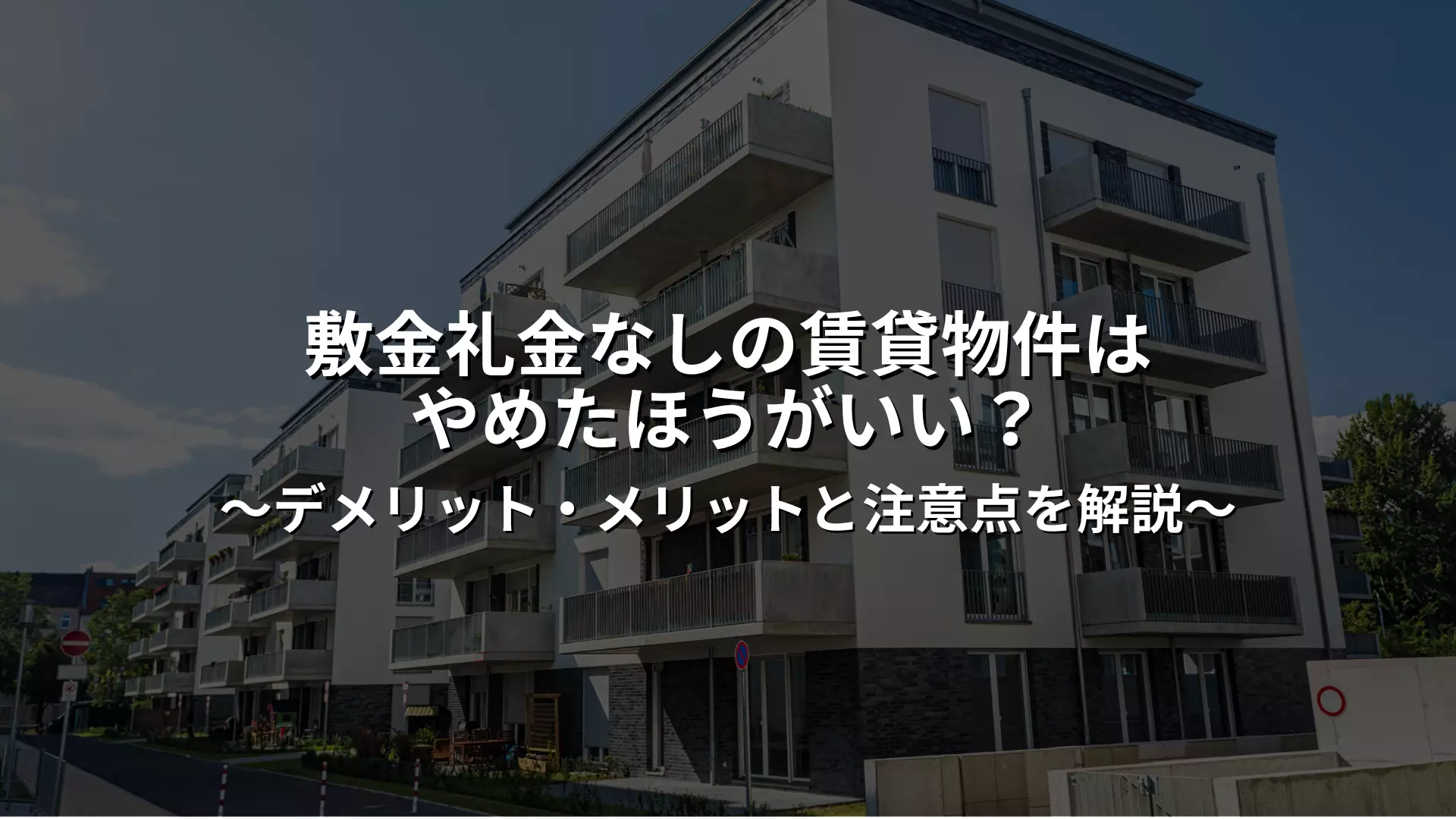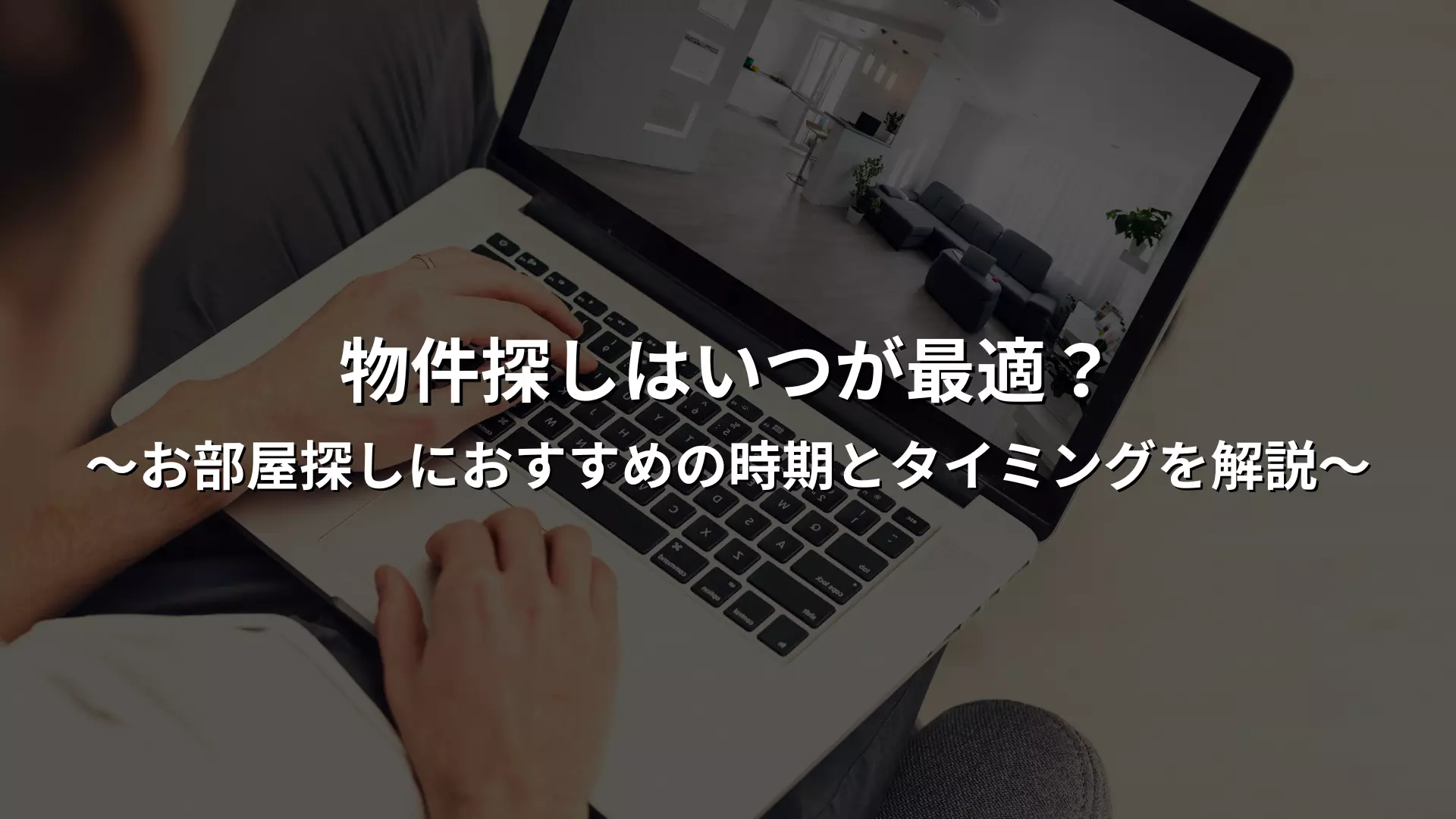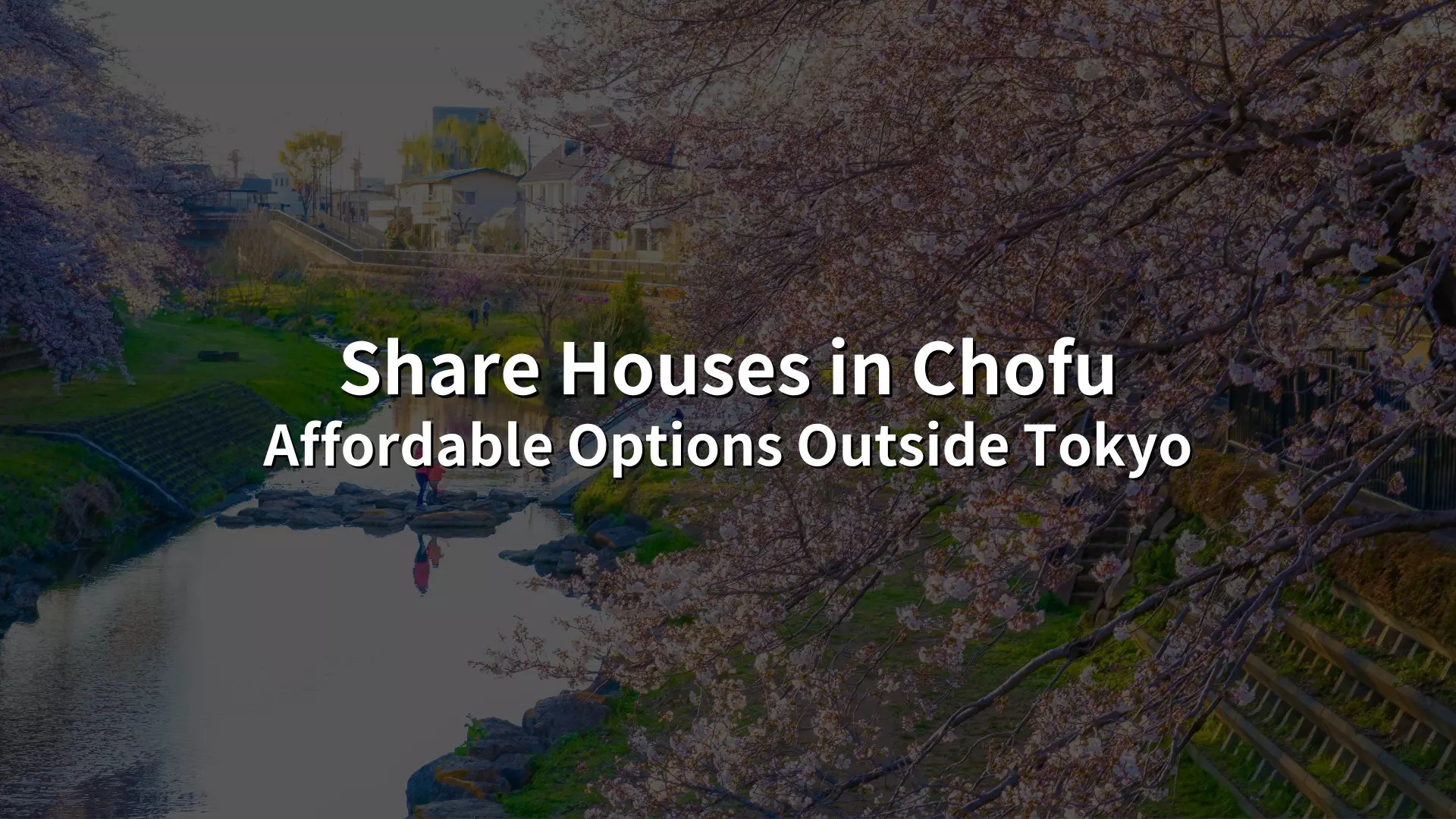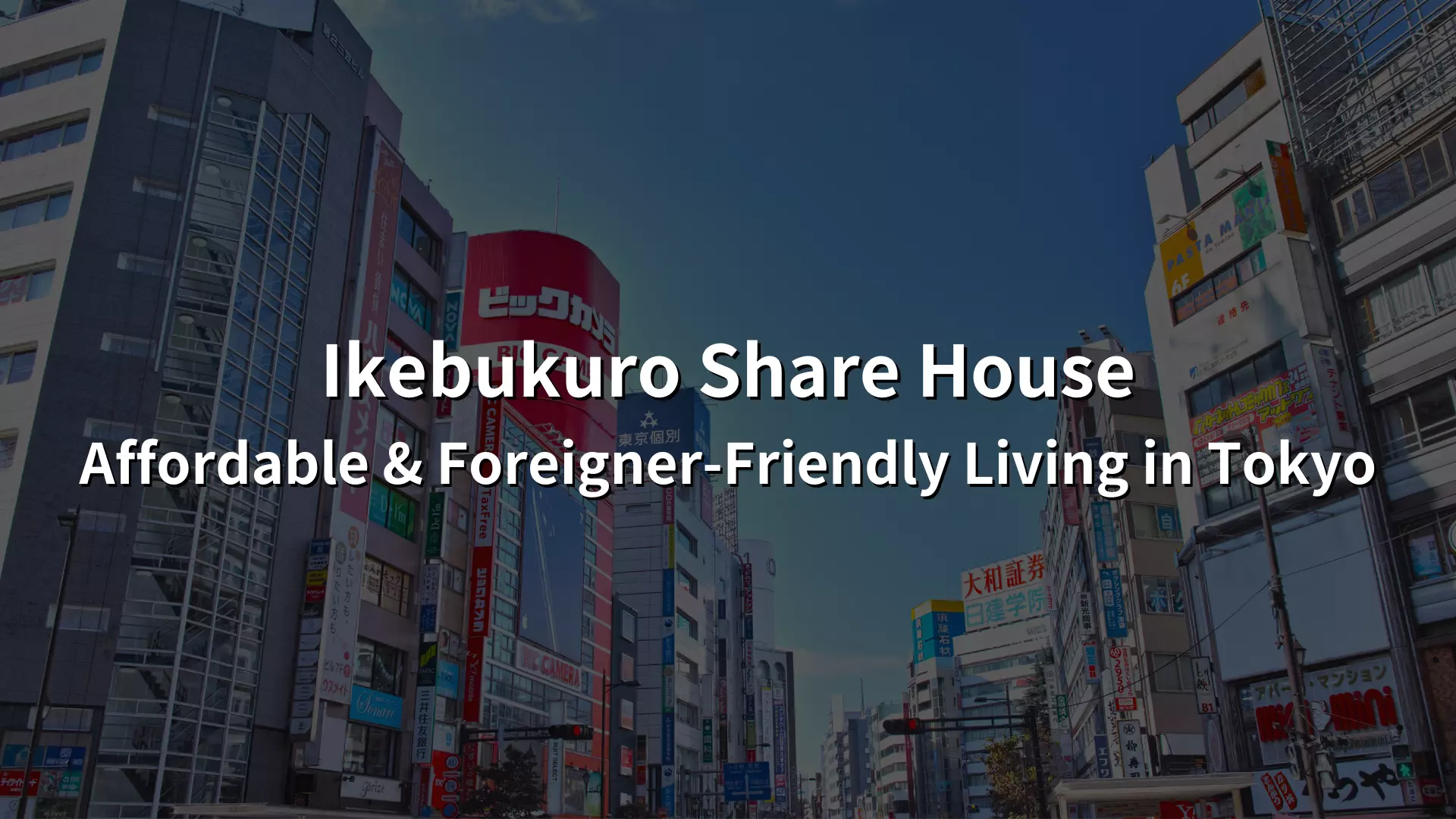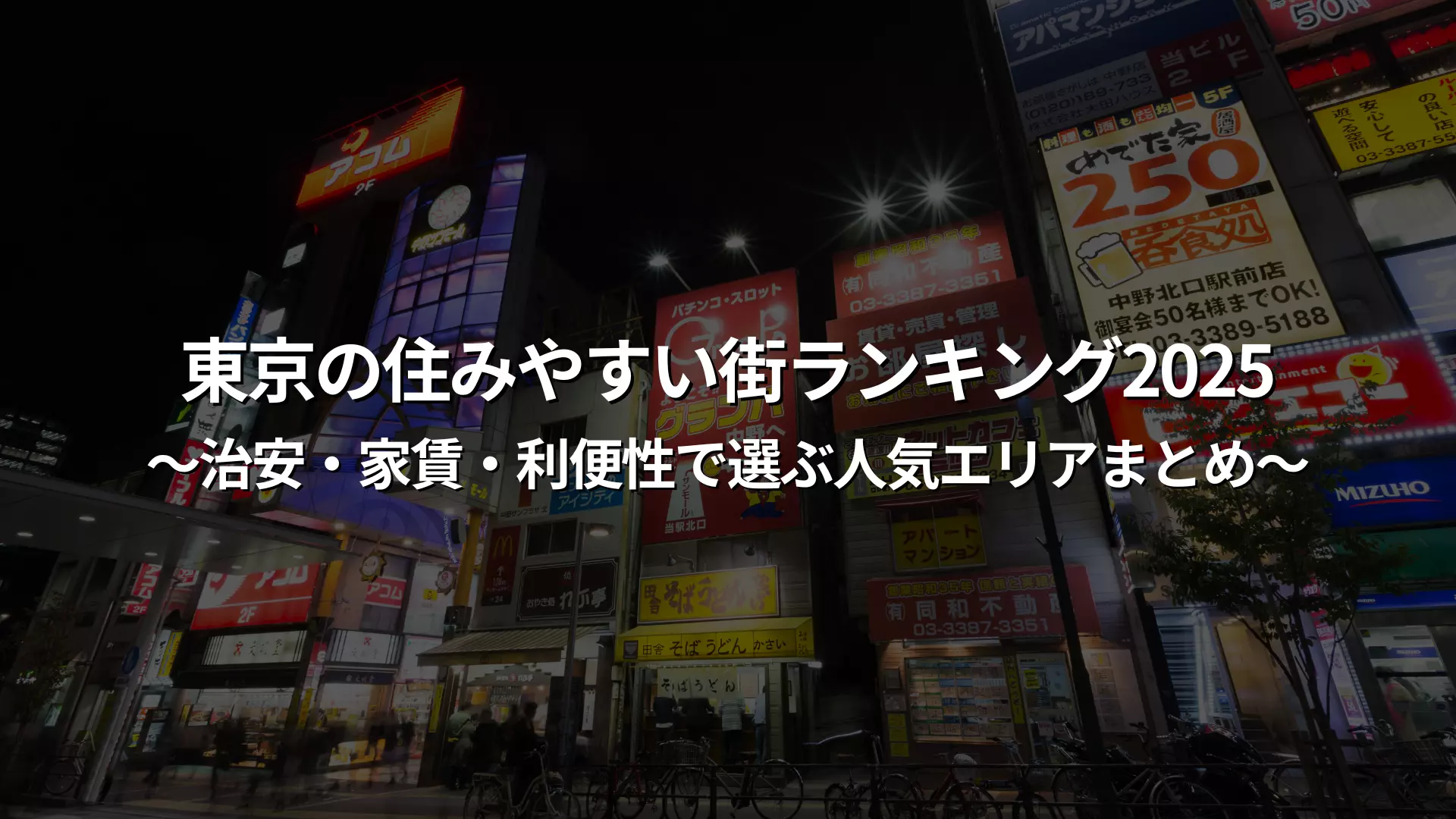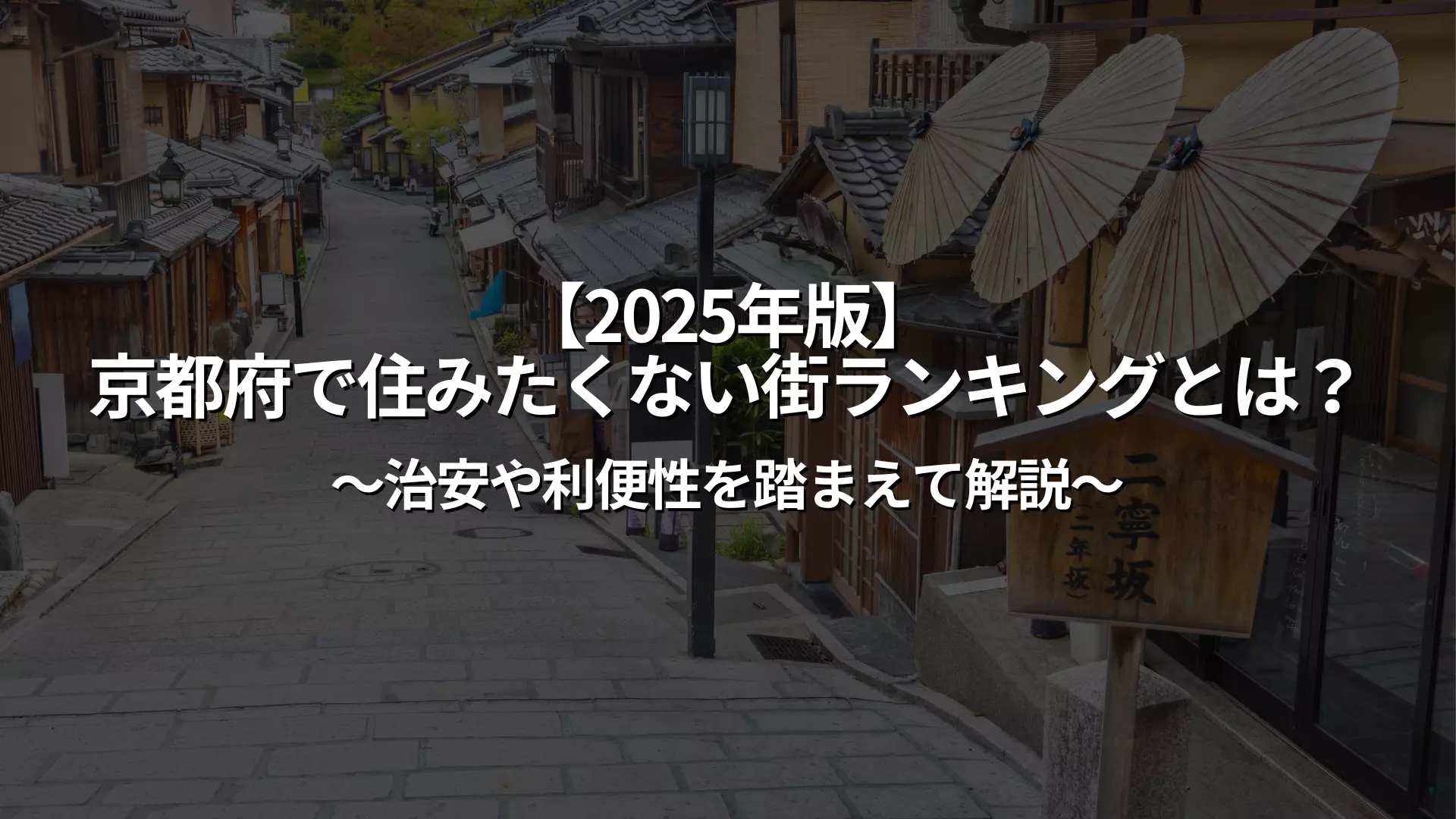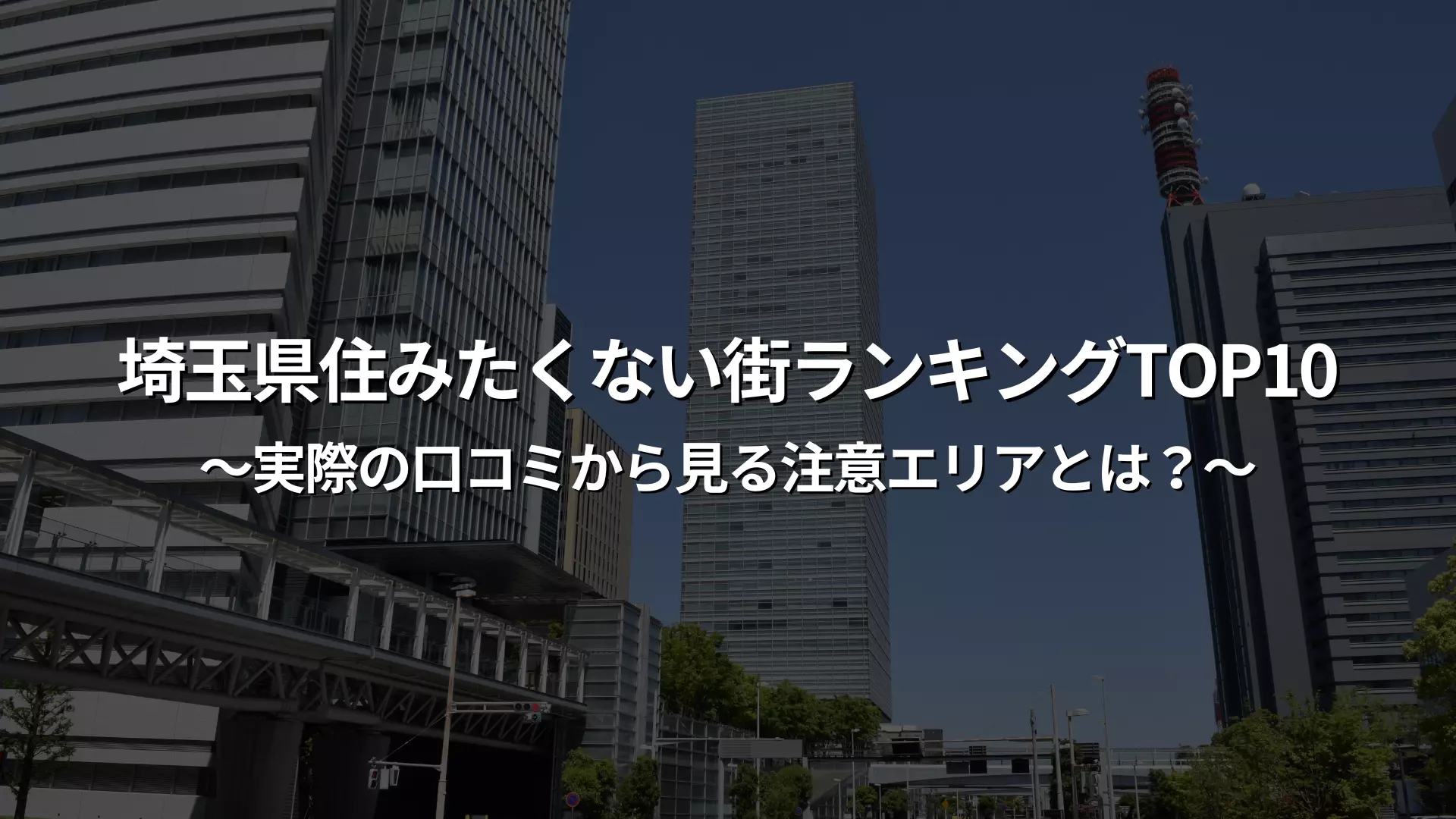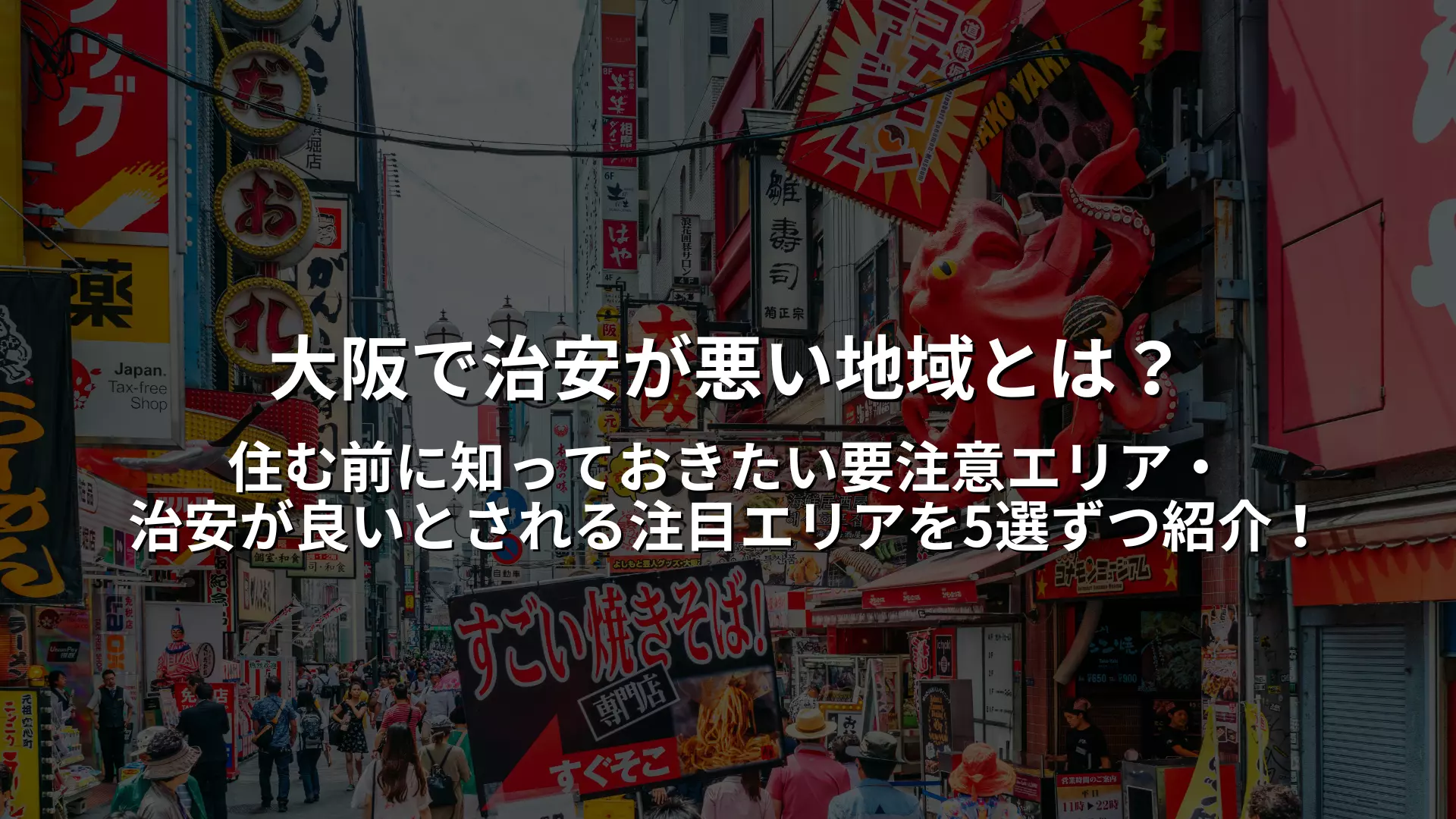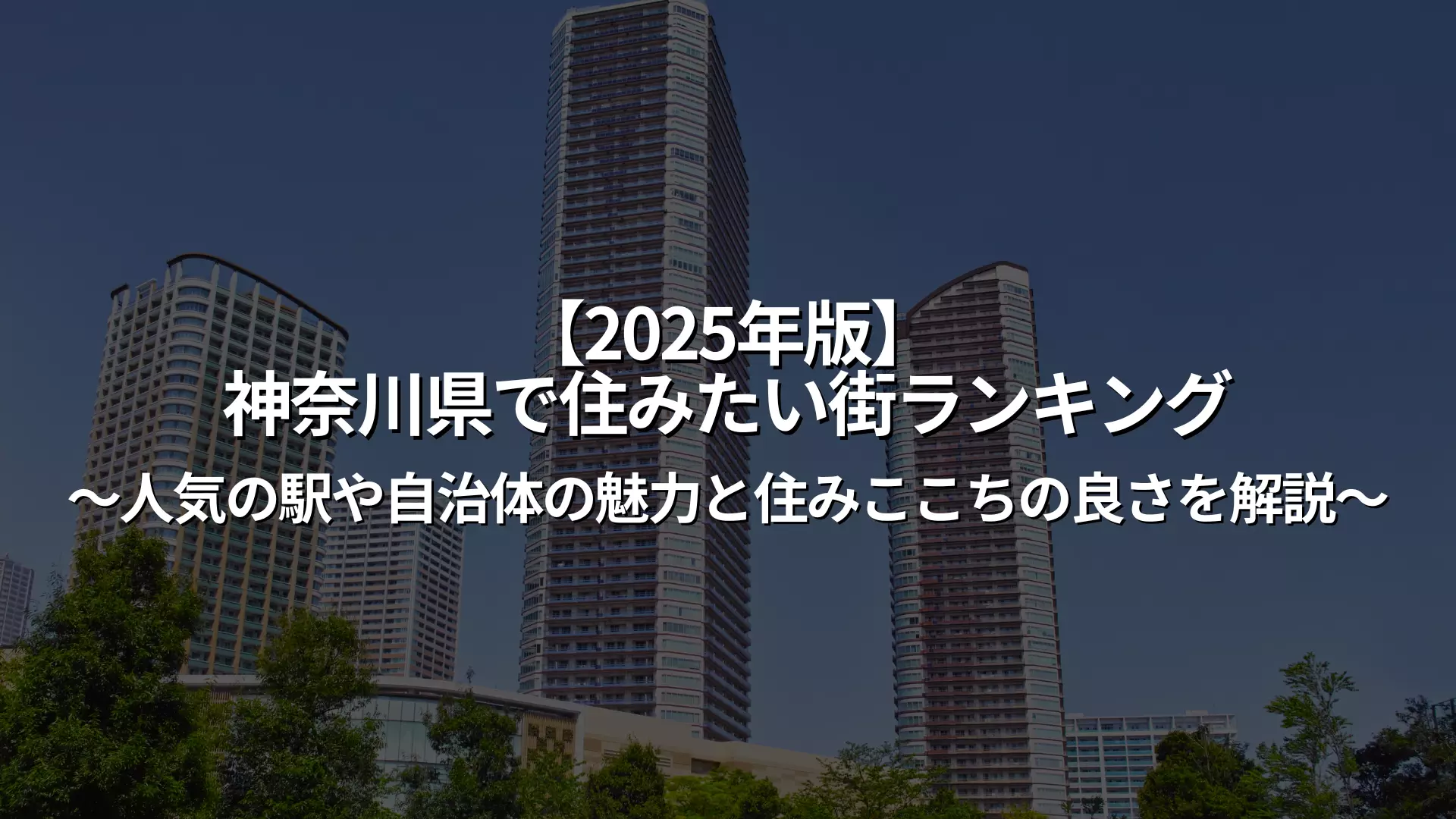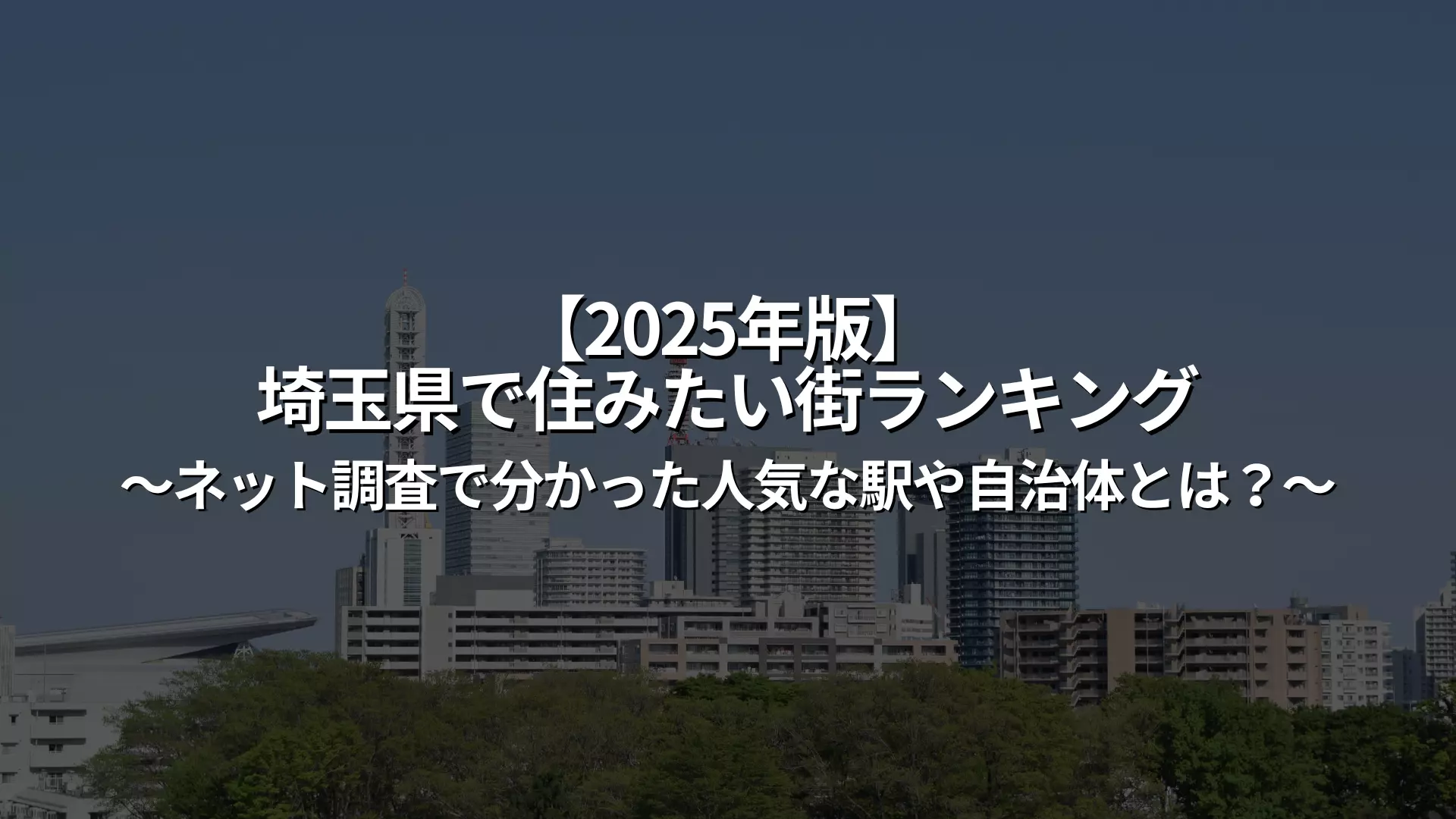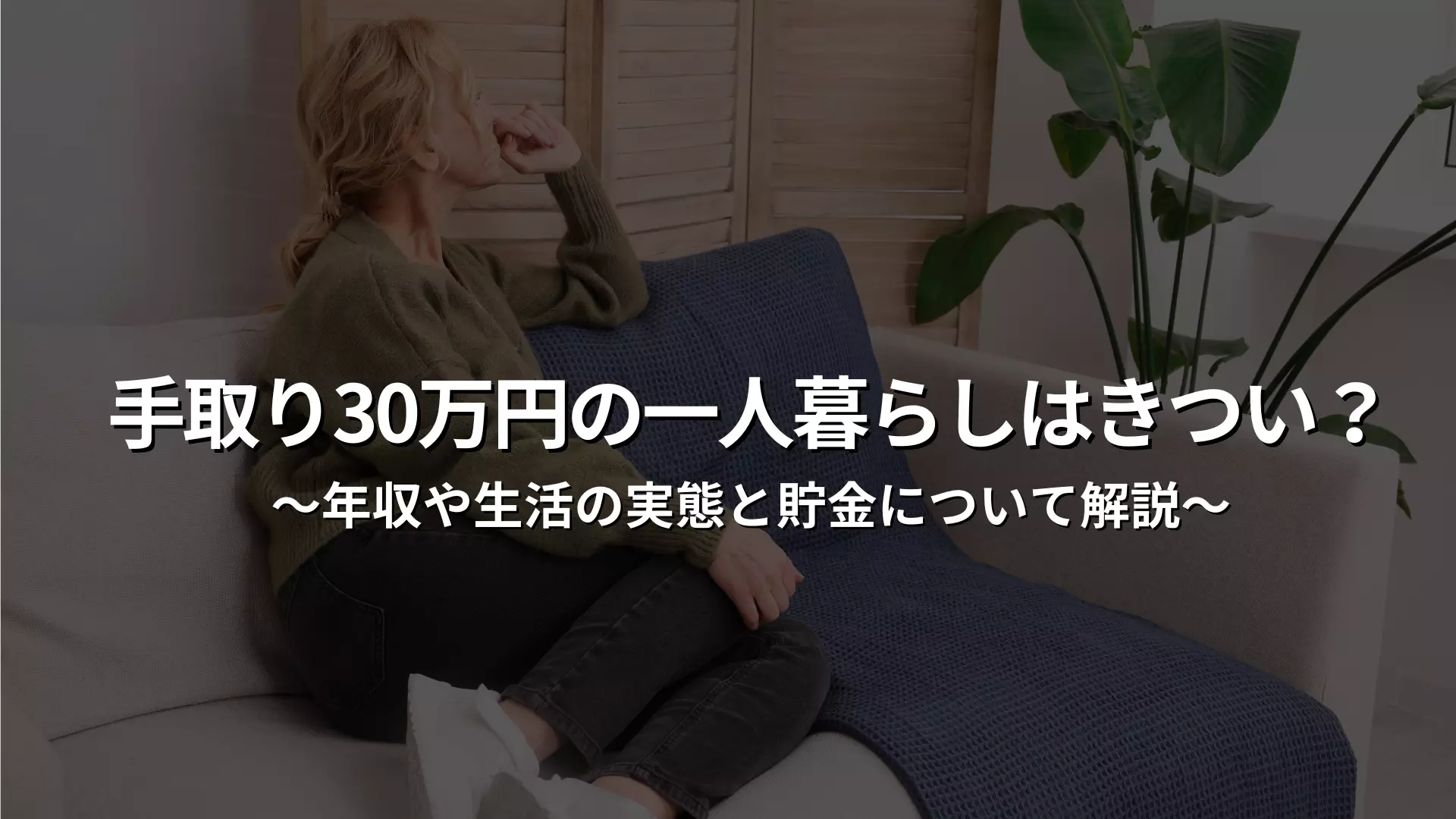What is the minimum initial cost for living alone? Let's understand the basics of the market price.
For those about to start living alone, the question of "how much initial costs are necessary" is a very important point. When signing a rental contract, various payments will be incurred, including not only rent but also security deposit, key money, agent fees, fire insurance, and lock replacement costs. Furthermore, there are moving expenses and the cost of purchasing furniture and appliances, so it is not uncommon for the total to reach several hundred thousand yen.
In this article, we will explain the breakdown and average costs required when starting to live alone, as well as how to start with a minimal budget, and we will also provide detailed tips on how to keep costs down and things to keep in mind when choosing a real estate company.
Overall picture of initial costs for living alone
The initial costs of living alone can be broadly divided into three categories: rental contract fees, moving costs, and furniture and appliance purchase costs.
First, in addition to the rent, a rental contract requires a security deposit, key money, brokerage fees, fire insurance premiums, guarantor company fees, and key replacement fees, which generally total about four to six months' rent, although this varies depending on the property and the area. If you use a moving company, this will cost around 30,000 to 100,000 yen depending on the distance and amount of luggage, and you will need at least 150,000 to 200,000 yen to purchase furniture and appliances such as a refrigerator, washing machine, and bed.
These costs will vary depending on your lifestyle and circumstances, so it is important to check the breakdown in advance and make preparations based on your budget.
The minimum amount required is approximately 4 to 6 months' rent.
Generally, the initial costs required when starting to live alone are considered to be the equivalent of four to six months' rent.
For example, if you sign a lease for a property with a rent of 50,000 yen, you'll need around 200,000 to 300,000 yen including the security deposit, key money, brokerage fee, fire insurance, and lock replacement costs, plus moving expenses and the cost of purchasing furniture and appliances, for a total of around 400,000 to 500,000 yen. Of course, the amount you need will vary depending on the area and property conditions, but it's a good idea to have some savings before you start paying your living expenses. Also, in many cases, you'll have to pay the first and second month's rent in advance when signing the lease, so be sure to check beforehand.
If you want to keep costs down, it is effective to review each expense item and remove unnecessary options.
Is it possible to do it for under 200,000 yen? What are the conditions for this to happen?
It is entirely possible to keep the initial costs of living alone under 200,000 yen, depending on the conditions. First of all, the most important thing is to choose a "zero-zero property" that does not require a security deposit, key money, or brokerage fee. Also, if you choose a property with free rent, the first month's rent will be free, allowing you to postpone payments.
Furthermore, if you aim for the real estate company's off-season (April to July or November to December), you have a better chance of negotiating a lower contract fee. Moving costs can also be reduced by transporting your belongings yourself, renting a light truck, or relying on acquaintances. Furniture and appliances can also be significantly reduced by buying second-hand items, buying used items, or using rental services.
If you combine all of these ideas, it will be realistic to start living on your own with minimal payments.
Breakdown of initial costs for living alone and the average price for each
When starting to live alone, it's essential to know the breakdown and market price of each expense item in order to understand the total initial costs. Rather than simply thinking of it as "x months' rent," you need to estimate the total, including rental-related costs such as the security deposit, key money, and agent fees paid at the time of signing the contract, fees for moving companies, the cost of purchasing furniture and appliances, as well as lock replacement, fire insurance, and fees for using a guarantor company.
By understanding the amount of each item and when it occurs, you will be able to clearly see how much each item costs, which will ultimately help you cut down on unnecessary expenses. Here we will provide a detailed breakdown of the main initial costs involved when starting to live alone, along with their average prices.
Costs associated with the rental contract (deposit, key money, brokerage fee, etc.)
The contract costs incurred when renting a property to live alone include a security deposit, key money, and brokerage fees, which generally amount to two to three months' rent.
The security deposit is a deposit that is used to cover the cost of restoring the property to its original condition when you move out, and is usually one month's rent. The key money is a non-refundable token of appreciation, and while some properties in the city center have no key money, it can cost one to two months' rent. The brokerage fee is an introduction fee paid to the real estate company, and is usually one month's rent plus consumption tax. In recent years, there has been an increase in "zero-zero properties" with no security deposit or key money, as well as properties with no brokerage fees, which are recommended for those who want to keep costs down.
However, in some cases the rent is set higher than the market rate, so it is important to compare and confirm the total payment before signing a contract.
Moving costs and their fluctuating factors
The cost of moving for a single person varies greatly depending on the distance, amount of luggage, time of year, and the moving company you hire. The general average price is 30,000 to 50,000 yen for short distances (within the same city), but medium and long distances across prefectures can cost over 80,000 yen.
To keep moving costs down, it's effective to avoid peak periods (March to April) along with signing a contract with a real estate company. You may also be able to save money by using a moving company's "single person pack" or "free delivery" service. Carrying your belongings yourself or sending some of them by courier can also help cut costs. When starting a new life with few belongings, limiting your belongings to the bare essentials can significantly reduce costs, so it's recommended to review the amount of belongings and moving method in advance.
Furniture and appliance purchase costs and necessary items list
Typical furniture and appliances needed when starting to live alone include a refrigerator, washing machine, bed, lighting, and microwave. The average cost of purchasing new items is 150,000 to 300,000 yen, but by renting, using second-hand items, or selling them, it is possible to keep the cost below 100,000 yen. Choosing a property that comes with appliances has the advantage of further reducing the initial investment. The most rational way to do this is to first make a list of the bare minimum items you need, and then purchase the items you feel you need after moving in.
For example, depending on your lifestyle, you may not need a desk, television, or rice cooker. When purchasing items, you can effectively reduce costs by taking advantage of bundle sales, discounts at mass retailers, and price comparisons on online shopping sites. Make smart choices that take into account the balance with your living expenses.
Other (key exchange, fire insurance, warranty company fees, etc.)
In addition to rent, security deposit, and key money, various other costs also arise when signing a rental contract. First, the cost of changing keys is generally around 10,000 to 20,000 yen, and is often charged at the time of moving in for added security. Fire insurance also typically costs 10,000 to 20,000 yen, and two years' worth of insurance may be paid in one lump sum at the time of signing the contract. Furthermore, the fee for using a guarantor company is included as part of the initial costs, and in most cases it is required to pay 0.5 to 1 month's rent.
These costs tend to be "hidden expenses," so it's important to carefully check the estimate and explanations from the real estate company before signing the contract. To keep costs down, it's also effective to cut out unnecessary options or ask if you can specify a cheaper guarantor company.
Search for a room
Only furnished properties with appliances are listed!
10 Tips to Reduce the Initial Costs of Living Alone [Complete Guide]
One of the biggest concerns people have when starting to live alone is the high initial costs. There are many payments to make, such as signing a rental contract, moving, and purchasing furniture and appliances, and it's not uncommon for expenses to exceed expectations. However, by understanding the breakdown of costs and being mindful of how to choose the right property, when to move, and how to purchase appliances, it's possible to save over 100,000 yen in initial costs.
In this chapter, we will introduce 10 practical ways to realistically reduce the initial costs required for living alone. We have compiled information that you can put into practice right away, from points to consider when negotiating a rental contract to cost reductions when starting out.

Search for "zero-zero properties" with no security deposit, key money, or brokerage fees
One way to significantly reduce initial costs is to choose a "zero-zero property" that does not require a security deposit, key money, or brokerage fee. Normally, these initial costs alone would amount to two to three months' rent, but a zero-zero property can save you hundreds of thousands of yen. Many real estate companies and rental information sites allow you to search for properties with conditions such as "no security deposit," "no key money," and "no brokerage fee," so be sure to use the filters.
However, in some cases the rent may be higher than the market rate, or you may be charged a large cleaning fee when you move out, so it is essential to check the breakdown before signing the contract. For those planning to stay for a short period of time or live a basic life, this can be a very effective way to keep costs down.
Utilize properties with free rent
Free rent is a service that provides free rent for a certain period of time (about 1-2 months) after moving in, and depending on the property, the first month's rent and common area fees may be zero. By taking advantage of this system, you can reduce the payments for the first month of your contract, giving you more money to move or buy furniture. Free rent properties are often offered by real estate companies as a way to deal with vacant properties after the peak season has passed, and the number of properties available varies depending on the time of year and area.
Also, if you cancel during the free rent period, you may be charged a penalty, so it is important to check the terms of the contract.
If you combine this with a zero-zero property, you can further reduce your initial costs, making it a savings point not to be overlooked when choosing a property.
Choose an area with low rent prices and an older property
Rent is a fixed monthly expense, so it significantly affects not only initial costs but also overall living expenses. If you want to keep the initial costs of living alone down, it's effective to first look for an area with low average rent. In some cases, rent can be more than 10,000 yen cheaper by choosing an area in the suburbs or slightly further from the station rather than in the city center. Also, older properties are a good option for keeping costs down, as their rent is set lower in exchange for slightly older facilities. However, the older the property, the more important it is to check the repair status and facilities.
When viewing a property, the key to finding an apartment you won't regret is to strike a good balance between low rent and the actual comfort of living there.
Aim for the off-season for moving (May to January)
The moving industry has peak and slow seasons, with costs tending to soar from March to April as many people start new lives at the same time. On the other hand, it is relatively easy to make reservations from May to January, and moving fees can be 20,000 to 30,000 yen cheaper. Especially if you live alone, you have less luggage, so you can further reduce costs by choosing a moving company's "free delivery" or "no designated time plan" during the slow season. If you have some flexibility in your moving dates or can adjust your schedule flexibly, consider moving during the slow season.
Additionally, real estate agents are more willing to negotiate during this time, so you may be able to get a lower rent or a discount on the contract fee. Choosing the right time to move is an important factor in generating hidden savings.
Procuring furniture and appliances through rental, second-hand or transfer
The cost of purchasing furniture and appliances accounts for a large portion of initial costs, but with some ingenuity, it is possible to make significant savings. First, if you plan to use the property for a short period of time, it is effective to use a rental service. You can rent a basic set of items such as a refrigerator, washing machine, and microwave on a monthly basis, which will reduce your initial costs compared to purchasing them. We also recommend purchasing second-hand items at a recycle shop or on a flea market app, or getting them from an acquaintance. Choosing a rental property that comes with appliances is also effective, as it will not only reduce costs but also the amount of luggage and hassle involved when moving.
You don't need to buy all the furniture and appliances at once. The trick to starting your new life smoothly is to start with the bare necessities and gradually add more as your lifestyle changes.
Reduce moving costs by yourself (transporting your belongings yourself/getting quotes)
One effective way to save on moving costs is to "move yourself," which involves carrying your belongings yourself or getting help from friends. In some cases, renting a light truck or using car sharing can make it possible to move for a few thousand yen to 10,000 yen. Even if you hire a moving company, you can choose the most cost-effective company by getting quotes from multiple companies and comparing prices and services. There is particularly fierce price competition for plans for single people, and there are also seasonal campaigns. Reducing the amount of luggage you have and disposing of unnecessary items can also help reduce costs.
Moving alone can be done within budget if you plan ahead.
Negotiate the rent and brokerage fees
One way to reduce the initial costs of living alone is to negotiate with the real estate agency or landlord. They may be willing to lower the rent and brokerage fees, especially during the off-season or if the property has been vacant for a long time. When negotiating, it may be advantageous to present comparative information with other properties or to say that you are considering making an immediate decision. Some real estate agencies are running campaigns where the brokerage fee is half price or even free, so it is a good idea to check and inquire in advance.
Also, if you request to move in at the end of the month rather than the beginning, it may be easier to negotiate the rent or get a free rent offer. If you want to keep costs down, it's important not to assume that the quoted price is everything, but to look for room for negotiation.
Adjust the first month's rent on a pro rata basis
When moving into a rental property, rent is often charged on a monthly basis, but in some cases you can reduce your initial costs by choosing a property that allows for a "daily rent" contract. In particular, by avoiding the end or beginning of the month and setting a move-in date in the middle or later of the month, you may be able to reduce your payments by more than 10,000 yen. While the response will vary depending on the real estate company and owner's policies, adjusting your desired move-in date can help prevent unnecessary rent payments. Furthermore, combining a property with a free rent offer or negotiating a move-in date can lead to even greater savings.
A hidden key to reducing initial costs is to make sure you check in advance when rent will start to be charged and adjust the schedule before signing the contract.
Utilizing properties with appliances and room-sharing properties
You can significantly reduce your initial costs by choosing a rental property that comes with furniture and appliances, or a property that allows room sharing. In particular, properties that come with appliances include refrigerators, washing machines, microwaves, lighting, etc., so you don't have to worry about purchasing or installing them. Room sharing is also effective in reducing your overall living costs, as you can split the cost of rent, utilities, internet, etc.
When searching for a property, you can efficiently find a room that meets your desired criteria by setting search filters such as "appliances included" or "shareable." However, be sure to check the condition of appliances and usage rules beforehand. By choosing a style that suits your lifestyle, you can achieve a comfortable and low-cost new life.
Purchase only essential items (buy more later)
One effective way to keep down the initial costs of living alone is to limit your purchases of daily necessities to the bare minimum. When starting a new life, you may be tempted to buy everything, but the trick to avoiding unnecessary expenses is to "buy later" and only purchase the things you feel you need once you've actually started living there.
For example, you will likely need things like a refrigerator, washing machine, futon, lighting, and curtains from the very first day, but you may be able to postpone things like a microwave, storage furniture, television, and vacuum cleaner depending on your lifestyle. It's not uncommon for the total cost of purchasing furniture and appliances to exceed 100,000 yen, so it's important to clarify your priorities. You can effectively keep initial costs down by first carefully selecting and purchasing only the things you really need, and then gradually purchasing more once your life has settled down.
Before starting to live alone | Simulate the initial costs in advance
When starting to live alone, it's important to simulate a total budget that combines initial costs and living expenses. When signing a lease for a rental property, you'll have to pay many things in addition to rent, such as security deposits, key money, agent fees, moving expenses, and the cost of purchasing furniture and appliances. In addition, you'll need to pay monthly living expenses (utilities, communication fees, food, etc.), so if you don't make a spending plan at the early stages, you may find yourself in financial trouble once you start living there.
In order to start living alone comfortably and with peace of mind, it is essential to make advance preparations, such as understanding the balance between income and expenses, determining an appropriate rent range, and researching public support programs. Here we will explain the key points you should keep in mind, from budgeting for initial costs to checking support programs.
How to create a total budget including initial costs and living expenses
When starting to live alone, it's important to create a total budget that takes into account not only initial costs but also subsequent monthly living expenses. Initial costs typically amount to four to six months' rent, and are mainly comprised of rental contract fees, moving costs, and the cost of purchasing furniture and appliances. In addition, it's a good idea to estimate the necessary monthly living expenses (rent, utilities, food, communication costs, daily necessities, etc.) and set aside at least three months' worth of living expenses in your savings to ensure peace of mind.
Especially when living alone, you will need to deal with unexpected expenses and problems on your own, so it is important to make a financial plan with ample leeway from the early stages. By "visualizing" your budget in a table or list, you can organize your necessary expenses and come up with ways to efficiently reduce costly items.
What is the appropriate balance between rent and expenses relative to your take-home pay?
To maintain a comfortable lifestyle while living alone, it's said that rent should be within 30% of your monthly take-home pay. For example, if your take-home pay is 200,000 yen, it's ideal to keep your rent between 50,000 and 60,000 yen. If you sign a contract for a property with a rent that exceeds this amount, you may not have enough money for living expenses or savings, and you may find yourself struggling just to pay the rent. In addition to rent, you also have fixed monthly expenses such as utilities, communication fees, and food, so you need to reconsider your household budget.
When searching for a property, it's important to compare not only the rent but also the overall costs, such as whether common area charges are included, whether a security deposit or key money is required, and whether appliances are included. By making a plan that keeps initial costs and monthly living expenses within a reasonable range, you can create an environment where you can live comfortably for a long time.
Don't forget to check available subsidy and support systems
If you want to reduce the burden of initial costs, consider taking advantage of the housing support systems and lifestyle support systems offered by local governments and organizations.
For example, some areas offer subsidies for security deposits and key money, rent subsidies, and partial support for moving expenses for low-income earners, students, and new graduates. Additionally, there are cases where support is available in the form of loans or grants for the purchase of furniture and appliances and for the contract fee upon moving in through programs such as the Self-Reliance Support System for People in Need. To take advantage of these programs, it's important to check the application period, conditions, and required documents in advance. Use information provided by local government websites, welfare offices, and real estate companies to quickly find programs that are suitable for you. With a little effort, you may be able to receive support worth tens of thousands of yen.
Search for a room
Only furnished properties with appliances are listed!
Summary | Keep initial costs down and start living alone comfortably
Starting to live alone typically requires initial costs equivalent to four to six months' rent, but costs can be significantly reduced depending on the property you choose and how you structure your contract. There are many ways to reduce costs, such as zero-to-zero properties, free rent, moving during the off-season, and properties with appliances included. It's also important to consider creating a total budget that includes your living expenses and taking advantage of public assistance programs.
If you are worried about the initial costs, use this article as a reference to create a reasonable budget plan so you can start living alone with peace of mind.

